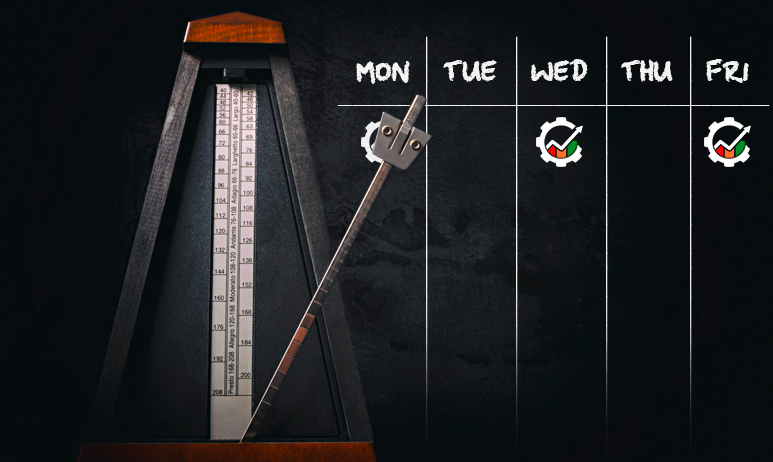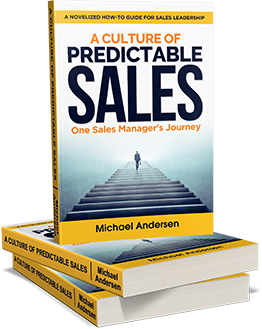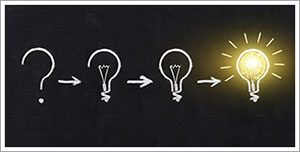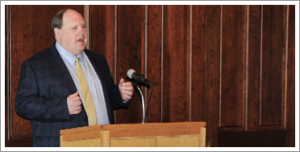Religious beliefs aside, Christianity has been one of the more successful movements throughout history in terms of getting people to follow a cause. We can observe that it has created a fervent following and it maintains its influence on people throughout their entire lives. There are foundational practices implemented to keep people abiding by the precepts of the religion. For example, there is a weekly gathering with the purpose of reminding the audience of what brought them to where they are and further educate them about the religion and how it can be applied to their daily lives. There are also annual events incorporated into the cadence with holidays such as Easter and Christmas. These help boost morale and build emotional buy-in on a regular basis over the year. Lets not forget the individual, daily time that Christians are instructed to spend in prayer. This is a time to reflect, seek counsel, and set goals.
What you can see is that there is a rhythm that is set up. People recognize that as the week goes on, they tend to lose some of their interest in the religion resulting in the Friday and Saturday night parties. After which they feel the need to renew themselves on Sunday morning. The religion set a cadence that brings Christians back together to be reminded of the basics at the start of each week. We should learn from this that we need consistent, purposeful meetings scheduled throughout the year. Some are more frequent team meetings while others are one-on-one with sales people to reflect on the work they are doing, seek opportunities to mentor them, and have them set goals. The point is that in order for a Christian to maximize their development, they need to be engaged in multiple facets of their beliefs both individually and in-group settings.
Equally important is that those times should remain constant from one week to the next so as to renew buy-in and form good habits of best practice activities. Otherwise, the impact of any single meeting could have a half-life and die out. Have you ever gone to a big motivational conference or seminar? Attendees at these functions usually come back raring to hit the ground running with new initiatives. But, that enthusiasm typically dwindles off within a week. When was the last time you sat in on a class or studied for a test? How long did you retain what you learned? Probably for less time than you wish. You need to keep a cadence with your meetings and keep your sales teams regularly reminded of the plan and executing effectively.
When we anticipate that something is going to happen consistently at a particular time, how does it affect us when the schedule is interrupted? We build our normality around cadence. If you have a busy weekend instead of taking time to unwind and get refreshed, how does that impact your work the following week? This is the same explanation for why we get jetlagged when our internal time clock tries adjusting to a new time zone. There is a certain benefit that we gain by establishing cadences in our lives. While a salesperson can’t predict what a customer will do each week, they can be comforted by the structure that a particular cadence of meetings creates.










